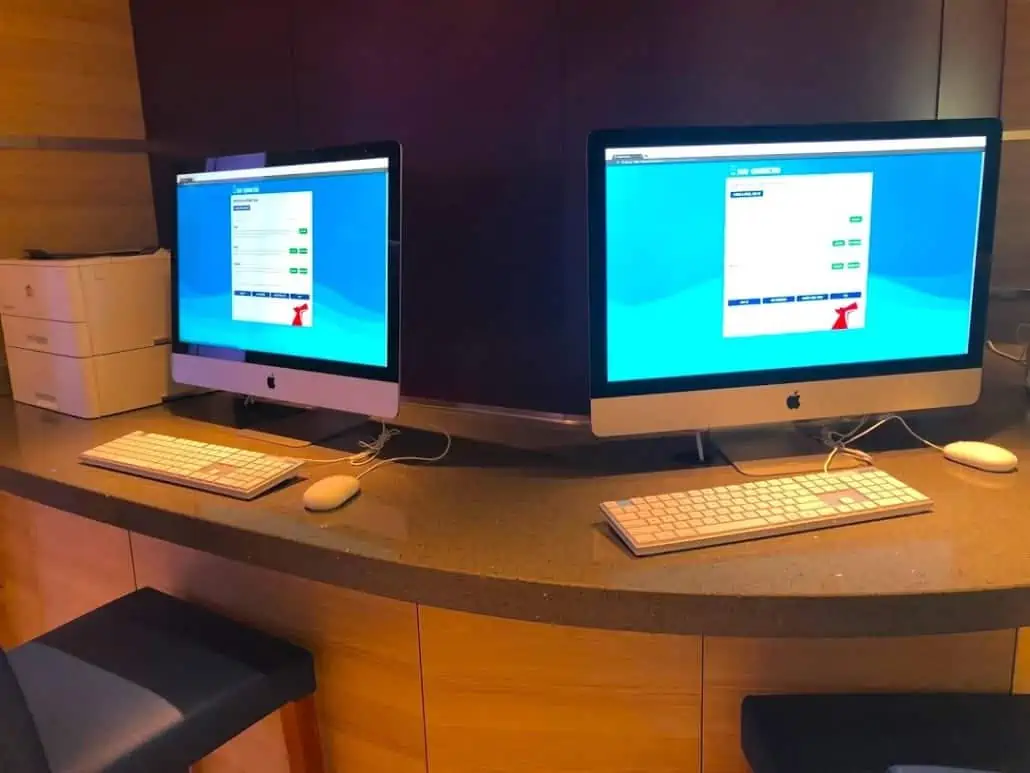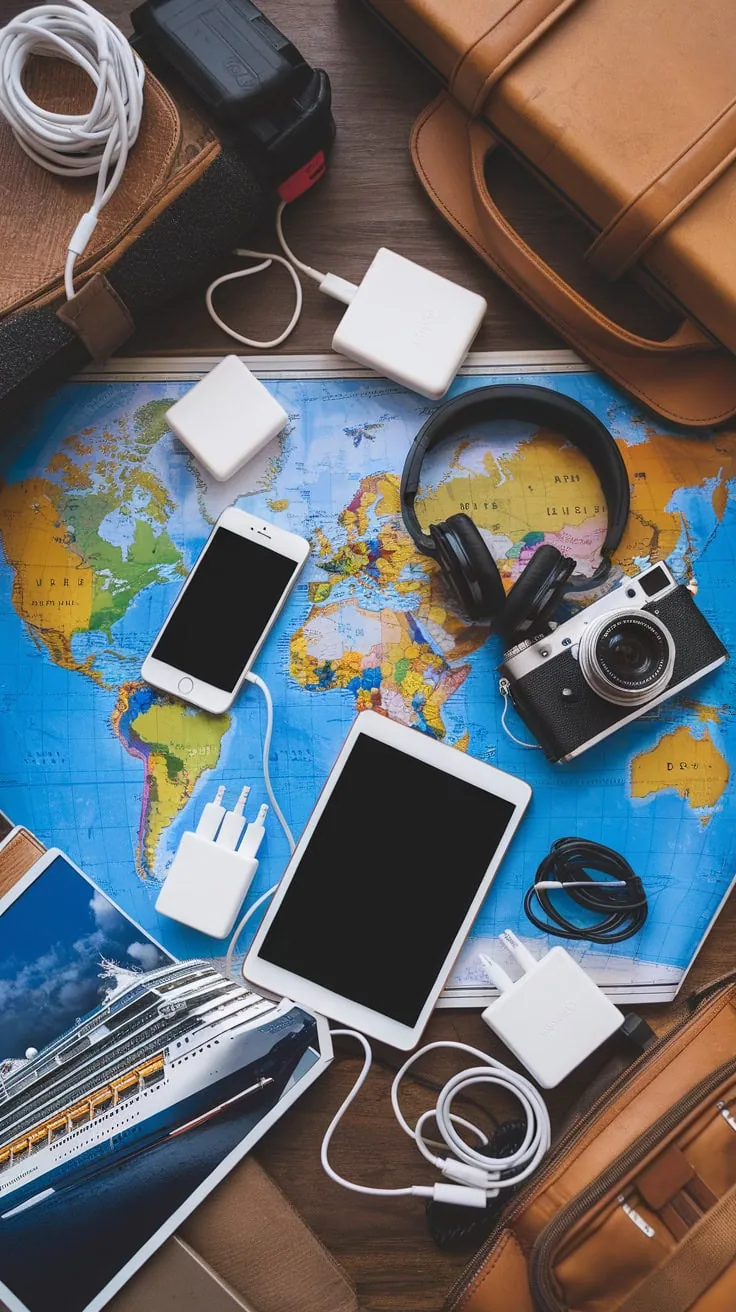Copyright infringements are often hard to determine, even though the USA law clearly defines the concept itself and the actions constituting its infringement. Despite the existing clear-cut definitions of what constitutes the copyright, plagiarism, and violations of intellectual property, many companies and individuals end up in a court fighting over their exclusive rights to produce and create certain products.
In many of the copyright legal cases, evidences are so subtle and confusing that judges have to analyze a very fine line between the copyright and its infringement, eventually forced to render highly arguable verdicts. Matters stand far worse with the copyrights of software programs. The most notorious cases where two parties disputed the plagiarism of their software – the SAS, the Whelan, and the Williams – amply demonstrate how difficult it is to ascertain whether a specific software was copied and the originator’s rights were violated.

What is particularly noteworthy in these three cases is that even though the judges’ decisions were based on flimsy evidence and sometimes irrelevant details such as the defendant’s behavior, they did not refrain from proclaiming the accused party guilty of copyright infringement. Their readiness to be on the safe side and to declare the copyright violation even where there were signs to the contrary should make us wary about using somebody else’s software for our purposes. For judgement can easily be tilted against us. In what follows, we explain in detail how to save on software without infringing on copyright laws. In addition to directing you to a completely free VPN providers list, we also advise you how to use any software without ending up in a court.
First, the definition of a copyright is in order. A dictionary provides the following explanation of what a copyright is: “a person’s exclusive right to reproduce, publish, or sell his or her original work of authorship (as a literary, musical, dramatic, artistic, or architectural work).” What you immediately need to understand about copyright law is that it does not cover ideas, concepts, techniques, or facts themselves.
These ideas, concepts, and facts should be expressed in some tangible form to be protected by copyright law. Suppose you have some characters and events knocking around in your head; or suppose you already know what major instabilities the plot of your narrative will contain. But you have not committed your ideas to paper yet. If you confide in somebody who goes ahead and writes a novel containing the characters and the storyline you invented, your unwritten narrative will not be covered by copyright law. You may argue over the ethical side of this person’s appropriation of your ideas but you cannot sue him or her.
You will receive copyright protection when and only when your narrative has been already written. Only then will your time, effort, and creativity be protected. Only then will you be given the right to reproduce your narrative, create a sequel to it, distribute its copies by sale, lease, or other transfer of ownership, read it to various audiences, and display it publicly. Only when your narrative is written and published will the people who pass your narrative off as their own be persecuted by copyright law.
Now, with software, copyright infringements are more difficult to pin down than with literary and musical works or paintings. Take the famous 1985 software copyright case, Whelan Associates, Inc. versus Jaslow Dental Laboratory, Inc. The question juries tried to solve then whether Jaslow’s computer program for dental laboratory record keeping and data management was identical to Whelan’s program.
The two programs performed the same function, and the defendant admitted that he had access to Whelan’s program. What posed difficulty to the juries is the fact that Whelan’s and Jaslow’s programs were written in different programming languages, EDL and BASIC respectively. The judges could not, therefore, talk about Jaslow’s literary copying of Whelan’s program. If you transmit a narrative into different media is it considered copying? Is David Carlson’s opera Anna Karenia a copy of Tolstoy’s novel and the infringement on the Russian novelist’s copyrights? Whatever opinion you may have about the transmission of narratives across different media, the court decreed that Jaslow copied Whelan’s program. Judges could never properly explain how exactly the two programs were substantially similar, but they were unequivocal on the issue of Jaslow’s copyright infringement. Their verdict suggests that even in those cases where the violation of one’s copyright is contestable, juries prefer to overstate infringement rather than to turn a blind eye to it. A lesson we should derive from the famous software copyright cases is that even the smallest and the highly debatable copying of software will unlikely be overlooked. We might as well learn how to save on software without infringing on anyone’s copyrights.

If you copy a computer program, you should first remember that a copy does not infringe on the copyright of another program mainly because it performs the same function as the original one does. Copying the functionality of the language of the computer program is no crime. Unless your program copies the means by which the other program works, you cannot be said to violate its copyright. To remain within the law, you also should be entitled to observe, study, or test the functioning of the program to determine the principle that underlies its elements.
Bearing these rules in mind, try to save on your software in the following ways. Analyze your software licensing agreement (SLA). Do not become seduced by these agreements’ long-term promises which usually fail to anticipate clients’ five-year needs. Aim to purchase your license from companies that depend on seasonal ebbs and flows and negotiate with them a flexible software licensing agreement offering you temporary license uplifts for particular busy periods. When you purchase your SLA, make also sure that you reduce the cost of annual support. In most of the case, you can reduce it quite dramatically, while still retaining the same Terms and Conditions or, with slightly more protracted negotiations, making them even better. When you are reading your licensing agreement, pay close attention to renewals and support system. Software contract often includes an automatic renewal section along with support Terms and Conditions section. You may find it difficult to create the right budget later on, if you are not aware of the dates on which the renewal will occur. Always turn to so-called third parties to solve minor bugs in your software. Their support will definitely add augmentation to your vendor support. The third-party can provide long-term engagement for hosting, outsourced database administration, and upgrades, among other services. By following these suggestions, you will surely optimize the efficiency, value, and, more importantly, the cost of your software, without infringing on copyright laws and making yourself open to legal charges.







